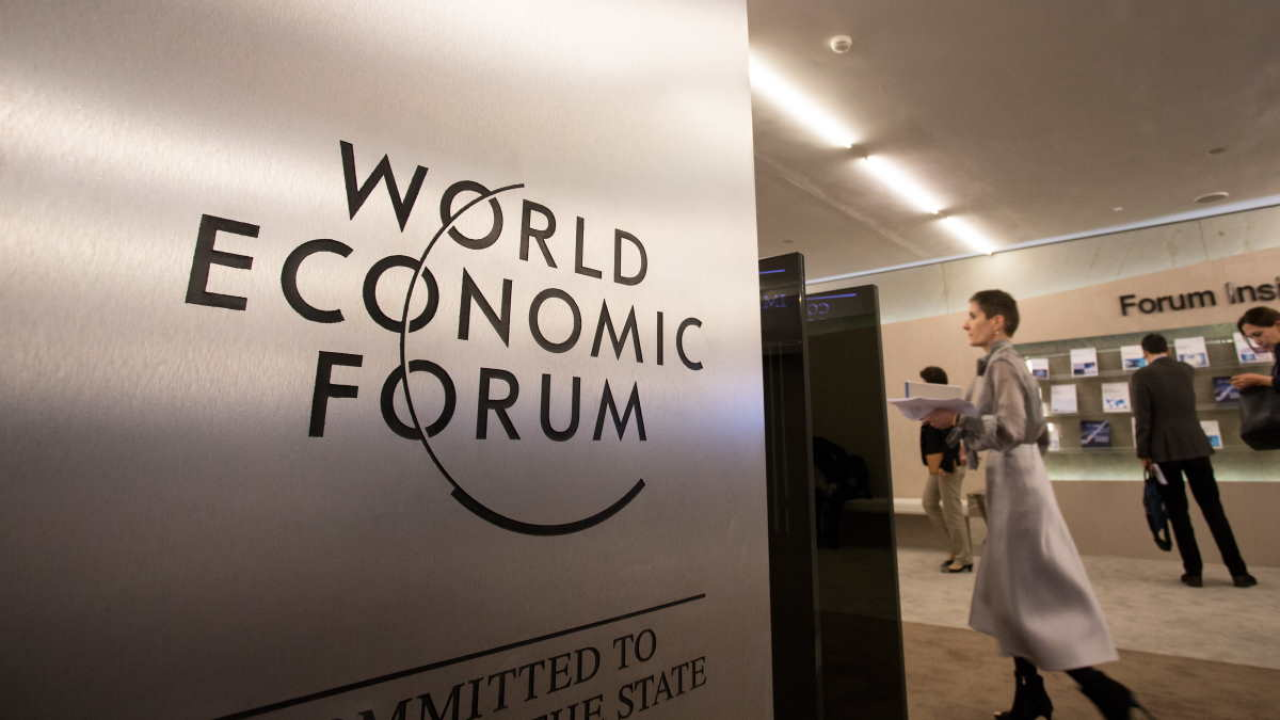After a two-year hiatus, the first face-to-face meeting of world political and economic leaders is expected to take place this week in Davos, Switzerland. Some 2,500 individuals are expected to attend the meeting, CNBC writes.
Event organizers have postponed the meeting from the traditional January date for security reasons amid a coronavirus pandemic.
In this prestigious ski resort for 5 days will be discussed such issues as COVID-19, the conflict in Ukraine and the climate crisis. But the theme of this year’s meeting will be “History at a pivotal moment: public policies and business strategies”.
Local businesses are looking forward to this long-awaited face-to-face event the most – it is estimated that this week alone the resort could make an unexpected profit of about 70 million Swiss francs ($72mn).
However, as it turned out, not everyone is happy about it: the Davos event has been heavily criticized in recent years for being detached from reality, ineffective and irrelevant. Three years ago, for example, Dutch historian Rutger Bregman pointed out that billionaires were evading taxes. In a video that has been viewed nearly 11 million times, Bregman said that the global failure to effectively combat tax evasion was a major cause of inequality in the world.
More recently, protesters: activists and those most affected by inequality have challenged the WEF in Davos over its “empty rhetoric,” accusing the forum of being a “symbol of a failed era” that should be left behind.
A report by global charity Oxfam found that 573 people became billionaires during the coronavirus pandemic – one every 30 hours.
The brief, titled “Profiting from Pain,” said another 263 million people will fall into extreme poverty this year at a rate of 1 million every 33 hours.
“Billionaires are coming to Davos to celebrate the incredible increase in their wealth. The pandemic and now soaring food and energy prices have been a gold mine for them,” said Gabriela Bucher, executive director of Oxfam International. – Decades of progress against extreme poverty have now been reversed, and millions of people are facing incredible increases in the cost of ordinary survival.”
Even a phrase such as “The Man from Davos” has itself become synonymous with the stereotypical figure of the typical Forum participant – a wealthy and powerful, rather detached member of the global elite.
However, Davos Mayor Philipp Wilhelm, who himself once protested against the forum, is not at all bothered by criticism of the WEF, which is too closely associated with that city.
“I think there should be a discussion about how to properly improve the state of the world,” he said.
The forum organizers themselves don’t seem to be affected by the criticism: when asked whether growing income inequality has become a particular problem for the forum, Saadiya Zahidi, one of the WEF’s directors, replied, “Inequality is a problem for the whole world. I think we know that societies that don’t tackle inequality will grow more slowly. Therefore, efforts must be made to fight inequality. What is needed to do that? Better education, better skills, a better workforce, tackling issues such as taxation and changing the nature of our economy so that it really works for all people, not just a select few. That will be at the heart of the agenda next week.”


